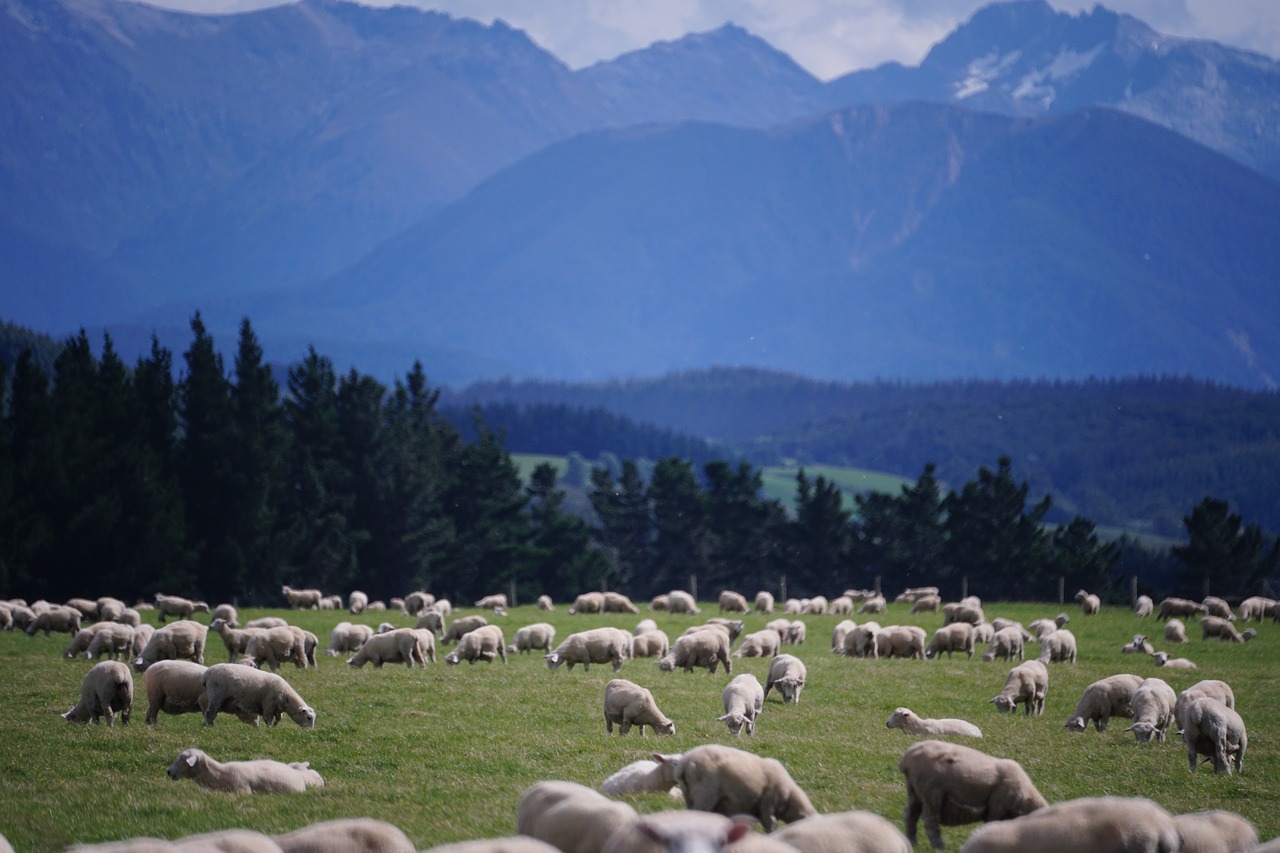Why Better Farming Is Vital for Textile Companies Like Patagonia
Author: Seb Egerton-Read | Published: January 5, 2017
Creating farming techniques that don’t use heavy amounts of chemical fertilisers and pesticides or tillage –preparation of soil for planting through mechanical agitation of various types, such as digging, stirring and overturning – is becoming increasingly regarded as crucial for an abundant and secure food supply in the future. The development and scaling of regenerative agriculture may be just as crucial for the clothing sector, where cotton, which is dependent on the same linear growing practices, is a critical material input.
There are some positive signs that clothing companies are taking notice. Patagonia CEO Rose Marcario recently wrote that regenerative organic farming, “includes any agricultural practice that increases soil organic matter from baseline levels over time, provides long-term economic stability for farmers and ranchers, and creates resilient ecosystems and communities”.
Defining regenerative agriculture, as Marcario has aimed to do, is particularly important in a context where the words restorative, regenerative and organic are used frequently, interchangeably and without attachment to a clear set of principles. Highlighting the confusion caused by these inconsistencies as one of the reasons for the slow growth of regenerative practices, she makes the case that the conversation needs to be introduced into the clothing and textiles sector.

